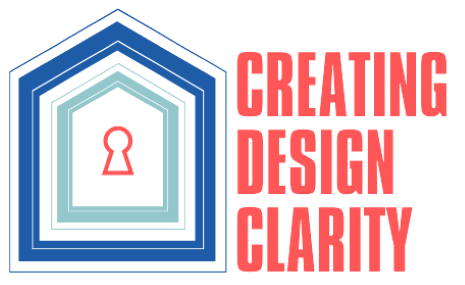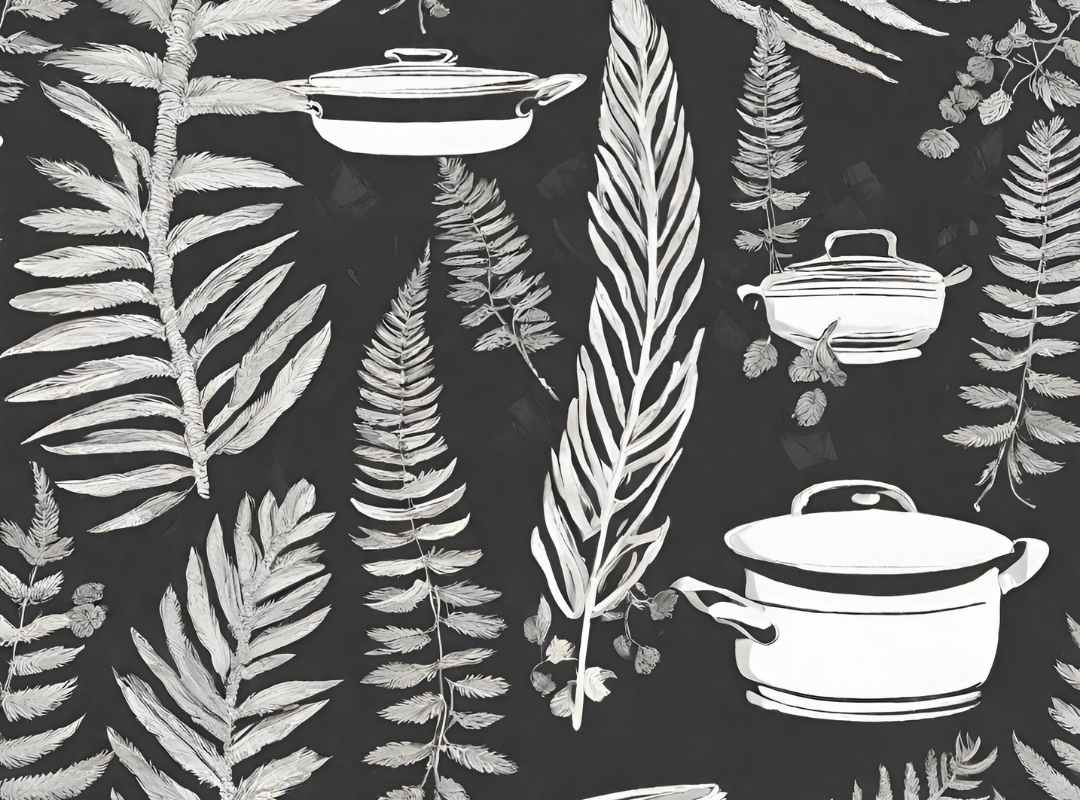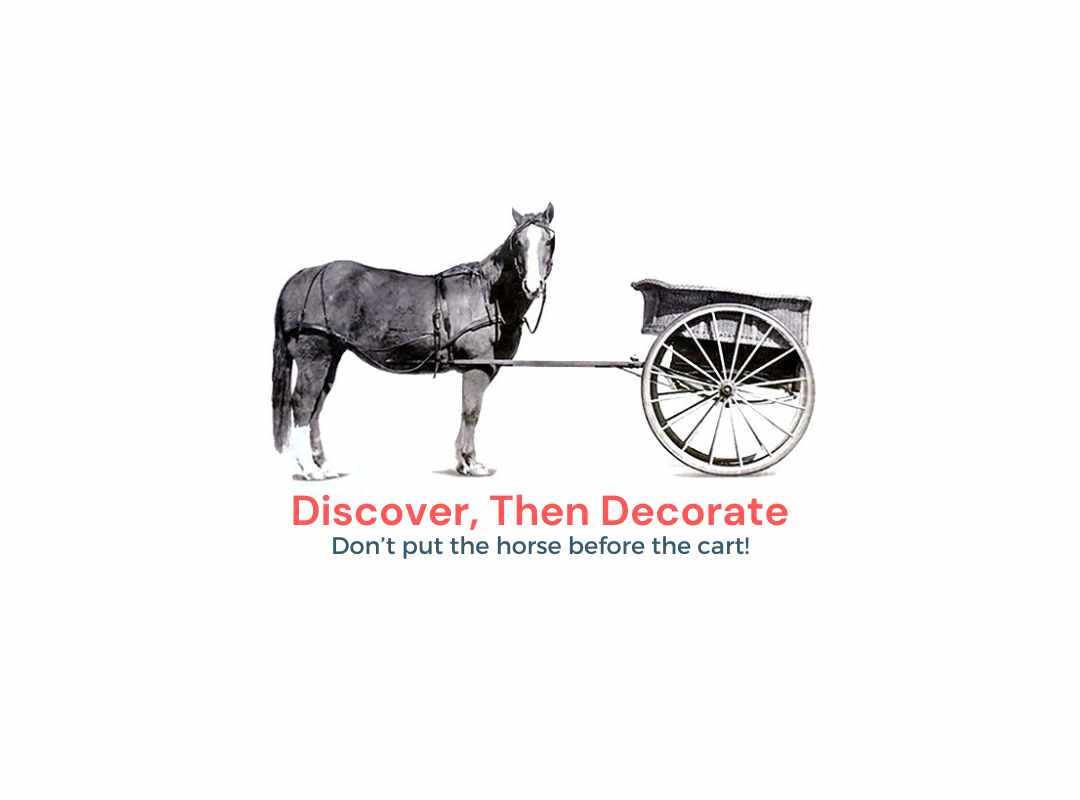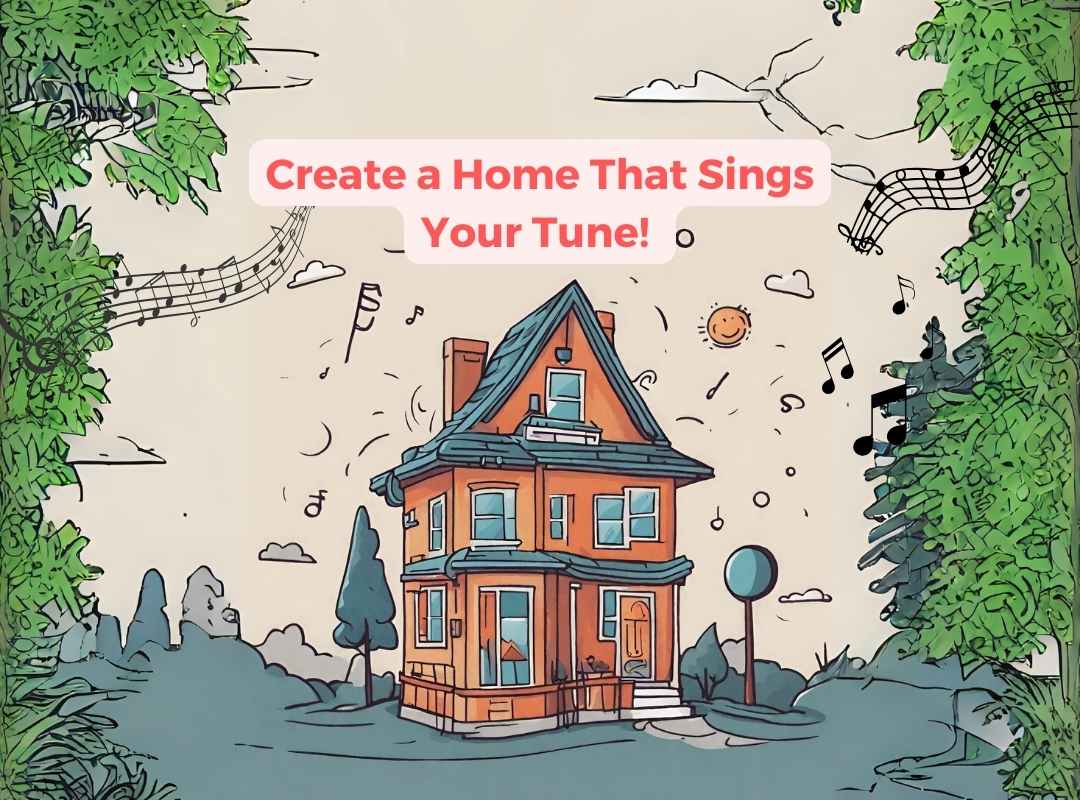Every human has a unique design personality.
Your design personality is shaped and influenced during the first 20+ years of your life by your design DNA, personal style, taste, and lifestyle. Because these blended forces are complex, a person’s design personality is 100% unique to each individual.
Regardless of whether you are currently renting your home, have a very limited income, or are mortgage-free – it is VERY IMPORTANT your home reflects your unique design personality to ensure you and your partner get maximum benefit from your home.
If you are about to start any form of home improvement project (or long-term rental), whether DIY or using a design professional it is critical that you know your unique design personality prior to starting the creative process.
Some people have a more traditional (to them) design personality, while others may prefer a more modern (to them) or eclectic design personality.
These are some of the factors that can influence your unique design personality:
- Personal style: This includes the homemaker’s favourite colours, textures, and patterns. It also includes their overall aesthetic preferences, such as whether they prefer a minimalist or maximalist look, or a mix of everything in between. You are unique and do not fit into one of 25+ different interior design style ‘boxes’ created to make a design professional’s job easier. ‘Paint by numbers’ is not great art, nor does it make a house a home!
- Taste: This refers to the homemaker’s sense of what is beautiful and appealing. It is influenced by your cultural background, your exposure to different design styles, and your own personal preferences. (This is one of the keys to your ongoing happiness).
- Lifestyle: This includes the homemaker’s family size, their activities, and their budget. For example, a homemaker with young children may need a home that is functional and easy to clean, while a homemaker who entertains often may need a home that is stylish and inviting. (WARNING – generalisations like the statement above are dangerous to your mental well-being! Bottom line;- you want a home that nurtures and supports you. Bending to outsiders’ opinions and influence is dangerous!)
No matter what your unique design personality is, homemakers like you can create a home that is both stylish and functional. The key is to choose colours, furniture, and accessories that you love and that reflect your lifestyle. By taking the time to understand your own design personality, homemakers just like you can create a home that you will love to come home to. (And you spend ~70% of every day there – so it makes sense that you LOVE it!)
WHAT HAPPENS IF YOUR HOME DOES NOT MATCH YOUR UNIQUE DESIGN PERSONALITY?
When a homemaker’s design personality is not addressed upfront, it can lead to a number of negative consequences, both physiological and psychological.
In the short term, living in a home that does not reflect your design personality can cause you to feel stressed, anxious, and overwhelmed. You may feel like you cannot relax or unwind in your own home. You may also have difficulty sleeping or concentrating.
In the long term, living in a home that does not reflect your design personality can lead to more serious health problems. Studies have shown that people who live in a home that does not match their unique design personality are more likely to experience stress, anxiety, and depression. They are also more likely to have headaches, back pain, and other physical problems.
PLANNING A RENOVATION OR ROOM REFRESH IN YOUR HOME?
MAKE SURE YOU HAVE CLEARLY DOCUMENTED YOUR UNIQUE DESIGN PERSONALITY BEFOREHAND.
It is critical your finished home improvement project or simple room refresh matches your design personality.
The impact on budget, rework, stress and anxiety for all parties (designers, builders, and homemaker’s family) can be significant if a homemaker’s design personality is not addressed upfront.
- Budget: If the homemaker is not happy with the final product, they may be less likely to pay the full amount for the renovations. This can lead to financial problems for the designer and builder.
- Rework: If the homemaker is not happy with the final product, they may ask for changes to be made. This can add to the cost of the renovations and delay the project.
- Stress and anxiety: The designer, builder, and homemaker’s family may all experience stress and anxiety if the homemaker is not happy with the final product. This can lead to conflict and make it difficult to complete the project.
It is important for homemakers to be honest with their designers about their design personality upfront. This will help to ensure that the renovations are a success and that everyone involved is happy with the final product.
Here are some tips for homemakers who are looking to create a home that reflects their design personality:
Do your research: Before you start working with a designer, take some time to learn what is your unique design personality. HINT: A 3-5 document you can find on the internet is not sufficient. Have a look here if you are serious about:
- Joining the elite group of 24.6% of homemakers who love their finished home improvement project.
- Avoiding humiliating rework and budget blowups that swallow up 29.4% of your budget.
- Receiving ongoing positive emotions from your home.
- Avoiding unnecessary stress and anxiety during the project.
Be clear about your budget: Let your designer or DIY partner know how much you are willing to spend on the renovation (and stick to it).
Ensure you and your partner know your blended design personality: 50% of all homes (in the Western World) you live with significant others (partner / children). It is unlikely that you and your partner have the exactly same design personality. (There will probably be some similarities, but not all). Therefore, as a DIYer or a design professional, everyone needs to know the homeowner’s design personality BEFORE starting any creative design process or home improvement project. Otherwise, it is impossible for you to find a designer who can perfectly match your vision. (How can you express it effectively?
Be patient & calm: Easier said than done! But definitely possible if you have been a good Girl Guide / Boy Scout and ‘Be Prepared‘. Stress, anxiety and making incorrect decisions are all a result of not clearly knowing and documenting your unique design personality prior to starting your home improvement project. By referring to it, you significantly reduce or eliminate all antagonistic situations. Renovations can take time. Be patient and don’t expect everything to be perfect right away.
By following these tips, you can create a home that reflects your design personality and that you will love to come home to.
References:
- Homemakers’ happiness, & satisfaction with renovation research
- 50% of people live alone (PDF of source)
- 50% of people Live Alone (website)
- Be Prepared (PDF of source)
- Be Prepared (website)






